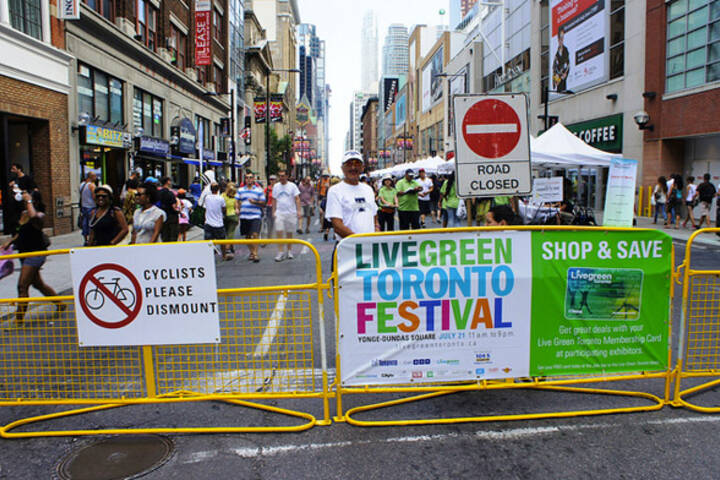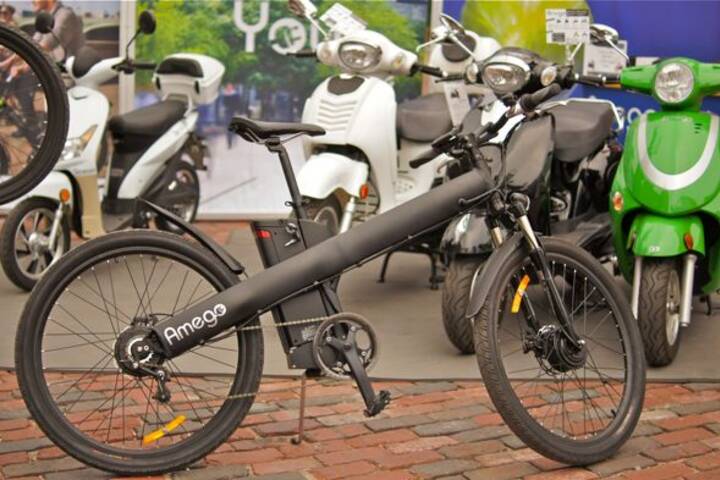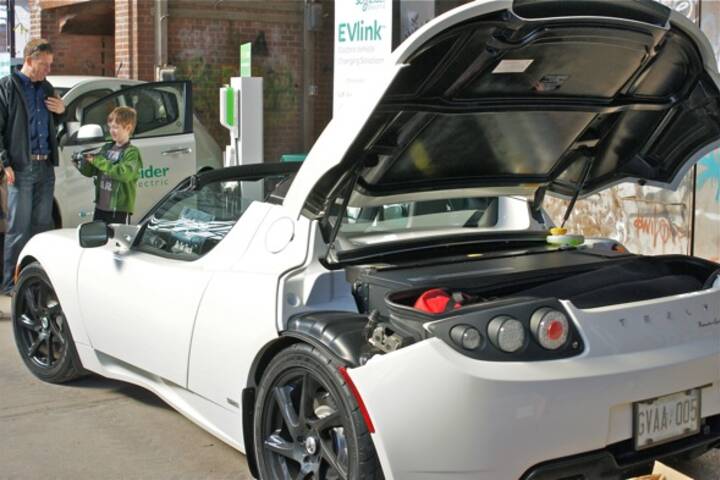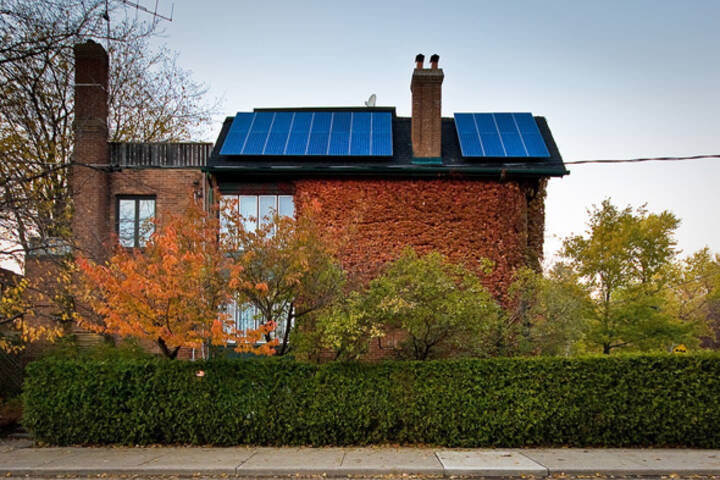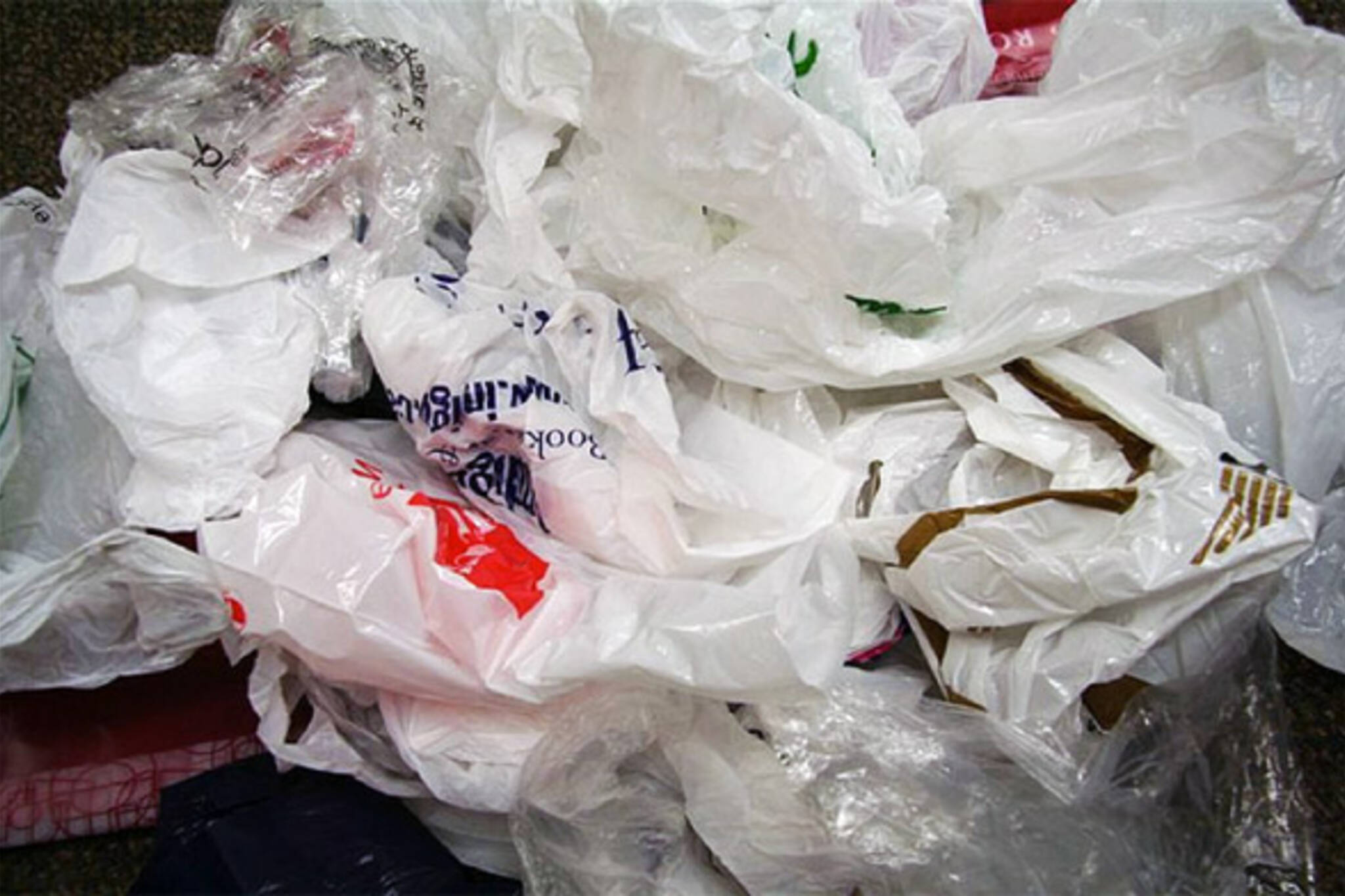
Why Rob Ford shouldn't kill the plastic bag tax
Rob Ford has indicated that the plastic bag tax is next on his list of targets to kill. Apparently he's heard enough complaints from shoppers over the holiday season that he's ready to act. Although his plan is yet to become clear, he stated plainly that he wants "to get rid of it." As a piece of David Miller policy -- he introduced the tax in June 2009 -- and a non-moneymaker for the city, I understand why Ford would want to abolish the fee, but it'd be much better if his review of the program didn't result in its being scrapped.
Despite the fact that there are competing claims over the effectiveness of plastic bag taxes in eliminating waste, I'd argue that the program has been a successful one -- if only in the way that it's altered the habit of automatically providing an often unnecessary bit of plastic to consumers. Looking outside of Toronto, when places like Ireland and Washington, D.C. implemented a similar bag charges, each city experienced a massive reduction in the use of plastic bags. Toronto retailers have also reported drops in in plastic bag use (and a rise in the use of re-usable bags), but because the program doesn't have a tracking or accounting provision, it's tough to provide hard numbers.
Critics of plastic bag taxation will argue that even as free grocery-style bags have been reduced, the purchase of specialty green-bin bags have soared. While formerly free plastic bags aren't generally deemed reusable, most people do of course manage to get one additional use out of them as a receptacle for waste. But, to some extent, both of these criticisms are beside the point.
Not only are they not at the forefront of Ford's desire to scrap the tax, but they fail to take into account what is arguably the program's greatest strength: fostering awareness of unnecessary bag consumption. It's a rare occurrence that I buy anything without being asked the question, "would you like a bag?" As insignificant as this might seem, it represents an important change. 90 per cent of the time that I'm asked, I decline the bag. In the past, when most of us were on auto-pilot with regards to the use of plastic bags, this basically never happened.
So as much as one might make the argument that the plastic bag tax is merely symbolic environmentalism, it's crucial to remember that these types of initiatives remain valuable even if they only get consumers thinking about the decisions they make. For some this thought-process relates to the five cent charge. But let's be honest and realistic about the type of money we're talking about here.
Prior to the implementation of the program, an waste audit estimated that the average Toronto household used around nine plastic bags per week. For the sake of argument, let's just say that number hasn't changed. At that rate of use, were one to pay five cents per bag, he or she would be forking out just over $23 a year.
That's an amount that I'd be more than comfortable to pay for the increased awareness the program provides. And besides, I'm not paying that much anyway, as it's clear from other cities who've implemented similar programs that the tax reduces overall use anyway.
Photo by ravenswift in the blogTO Flickr pool.
Latest Videos
Latest Videos
Join the conversation Load comments


